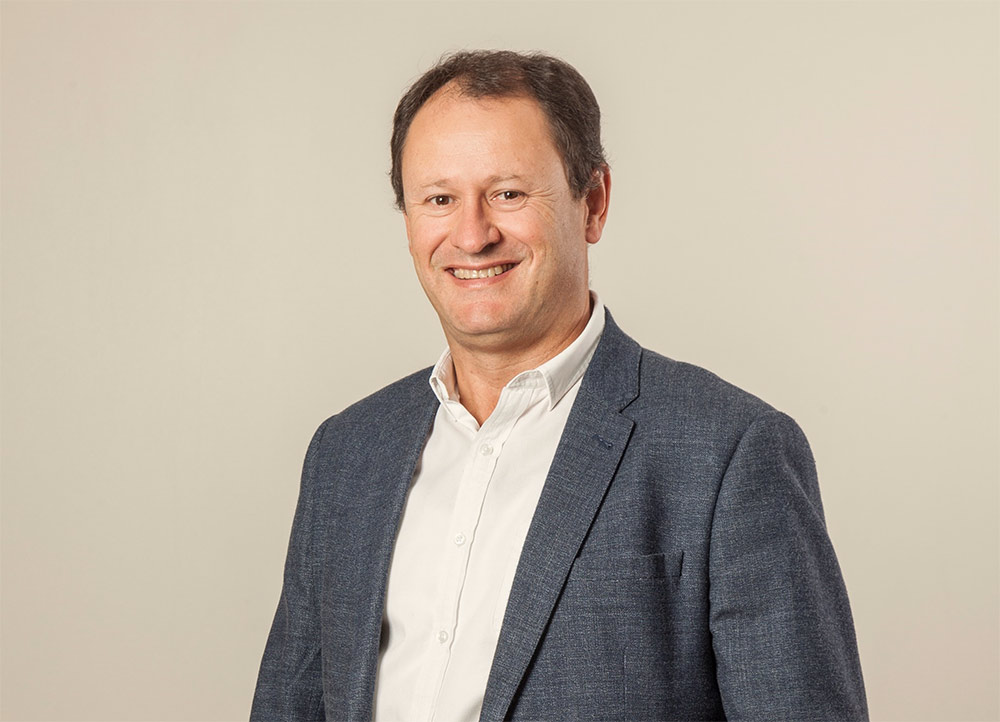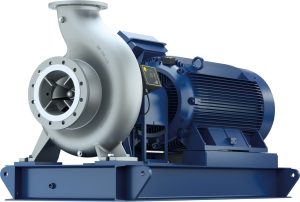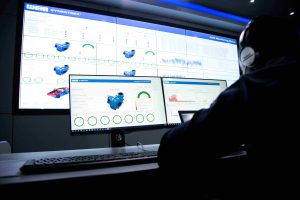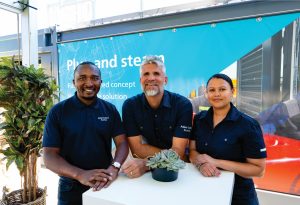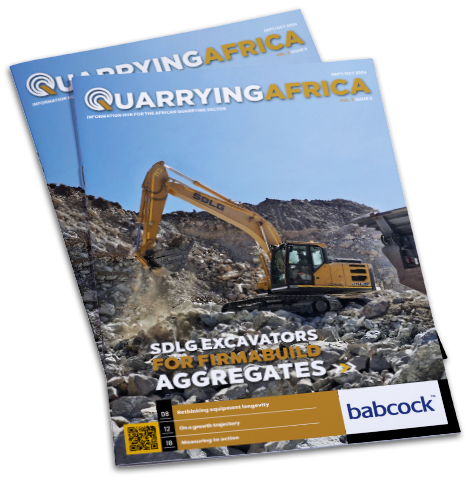Afrimat entered into a share purchase agreement with a Holcim Group subsidiary, Caricement B.V., in which Afrimat acquired 100% of the issued share capital of Lafarge South Africa Holdings Proprietary Limited. The acquisition was structured as a locked box transaction, effective 31 December 2022, and the purchase consideration payable was in the amount of US$6-million. In addition to this, Afrimat agreed to repay or procure the repayment of the loan amounts owed to the Holcim Group, equating to R900-million.
The core assets acquired consist of aggregate quarries, readymix batching plants, an integrated cement plant, cement grinding plants, cement depots and high-quality fly-ash sources.
In an exclusive interview with Quarrying Africa, Van Heerden says the significance of the deal is immense, not only in the sense that it is Afrimat’s largest acquisition to date, but it also delivers on a promise that the executive made to its Construction Materials team to expand Afrimat’s footprint in the aggregates and concrete-based products market.
“The motivation for this deal was three-fold,” explains Van Heerden. “Firstly, as mentioned above, we made a promise to our Construction Materials colleagues that we were going to expand the division, and this was a perfect opportunity to deliver on that promise. Secondly, Afrimat is constantly looking at opportunities through which we can expand our offering to different markets through our various divisions.”
In addition, says Van Heerden, Afrimat’s diversification strategy in the past couple of years has focused largely on bolstering its Bulk Commodities division. “We are, however, aware of our economic climate and well-informed about the mining and construction industries in South Africa, so when the opportunity presented itself to expand on our ‘roots’, which is quarrying, we acted. This approach, together with efficiency drives, ensures Afrimat can counter impactful economic headwinds,” he says, adding that the company sees this deal as a really good investment, and expect a good investment return in due course.
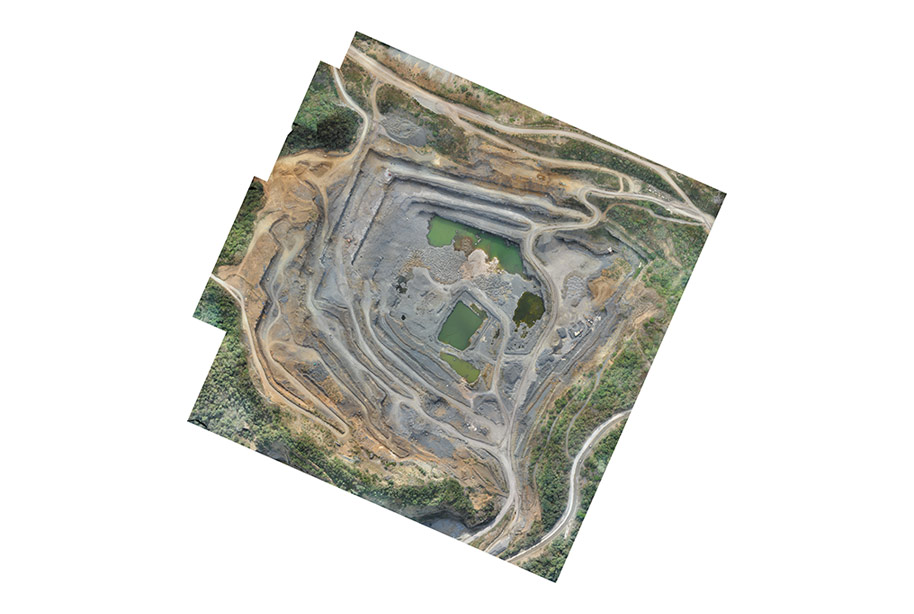
Confidence
Despite a protracted downturn over the past decade, Afrimat has tremendous confidence in the future of the construction industry, and specifically development in South Africa, and the Lafarge acquisition is testament to this confidence in the market. Van Heerden says the country has magnificent mineral resources and all the expertise, skills and operations (when properly maintained and efficiently utilised) to sustain a booming construction sector.
“The recent Afrimat Construction Index does reflect that the construction sector has remained relatively weak during the last quarter, but we have seen an increase in demand from road and rail industries. Efforts by the South African National Roads Agency Limited (SANRAL) and maintenance by Transnet are proof that there is a positive momentum in the aggregates market,” he says.
He does, however, agree that the sector is hampered by several factors such as fiscal constraints; an inconsistent pipeline of projects; projects that are started, but not finished due to disproportional increases in the amount of funds spent on projects which results in them becoming unviable; undervaluing engineering services; and a lack of political support and leadership.
“The country needs a consistent and, more importantly, a predictable, pipeline of construction and infrastructure projects, supported by government. This will ensure that construction in the country sees the growth it deserves,” adds Van Heerden.
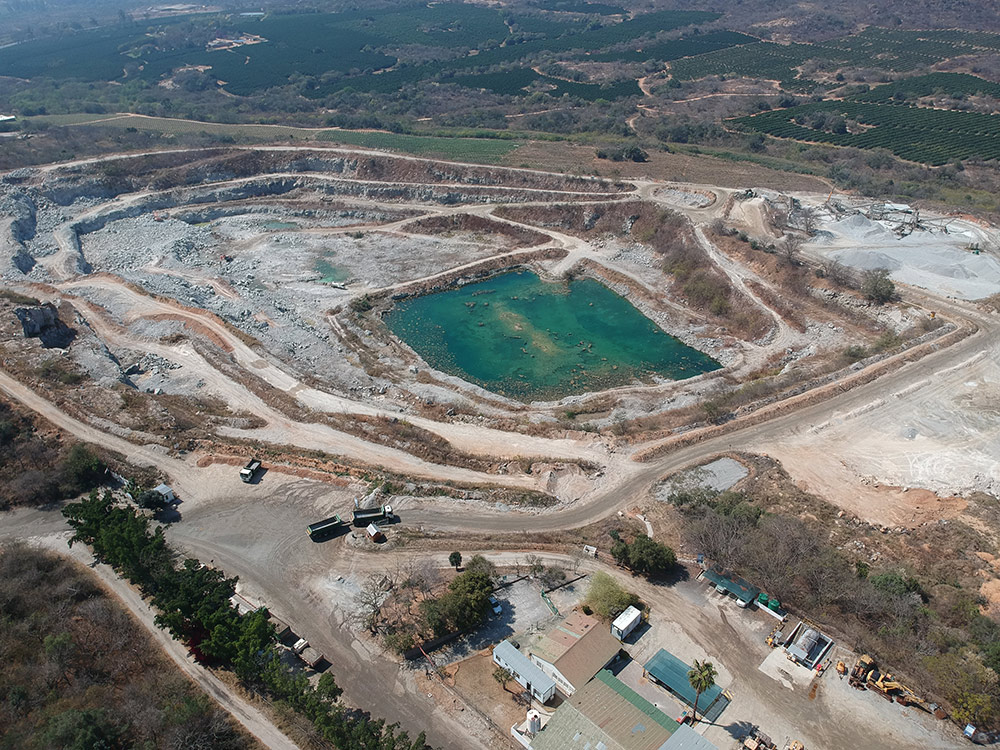
Synergies
Commenting on the key strengths offered by the deal, Van Heerden says the geographical footprint of the Lafarge quarry and readymix operations perfectly complements Afrimat’s existing footprint, thus enabling the company to have construction material operations throughout the country, apart from the Northern Cape.
Additionally, access to the high-quality fly ash operations provides a foothold in the cement extender market. The grinding plant will allow Afrimat to grind materials as value-added products for Afrimat’s own operations as well as for external customers, while the cement kilns allow the company to enter the cement value chain for the very first time.
“Operational synergies between the two businesses are substantial, considering Afrimat’s existing national footprint of aggregate quarries, readymix concrete operations and precast manufacturing operations, and we believe that the time is right to strengthen our Construction Materials division,” he says.
The integrated cement plant, along with the grinding plants, are well-designed, good quality plants which are well positioned geographically, but have not previously been maintained properly. Van Heerden says the first priority is to ensure that these operations, which are currently making a loss, are turned around through innovation and operational efficiency drives. Afrimat has an experienced team dedicated to ensuring that the company gets the necessary maintenance done and turns the operations into profitable businesses as soon as possible.
Afrimat has strategically appointed experienced Afrimat leadership as cluster heads overseeing these newly acquired operations, and through their leadership, along with a strategic roll-out of the ‘Afrimat Way’ and introducing efficiency drives, Van Heerden is positive that the company will be able to optimise these operations and allow them to reach their full potential.
“The group will continue to fortify its diversified position to ensure sustainability and growth into the future. We have several project maturation profiles, with the current focus being on implementation to ensure optimal value is achieved,” concludes Van Heerden.
